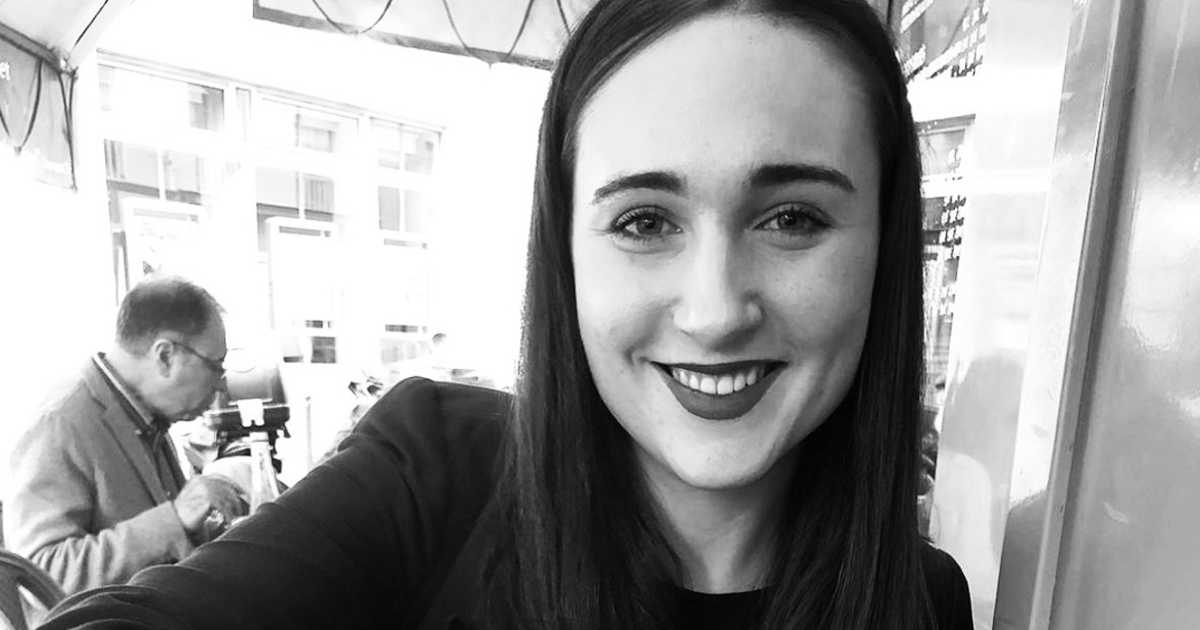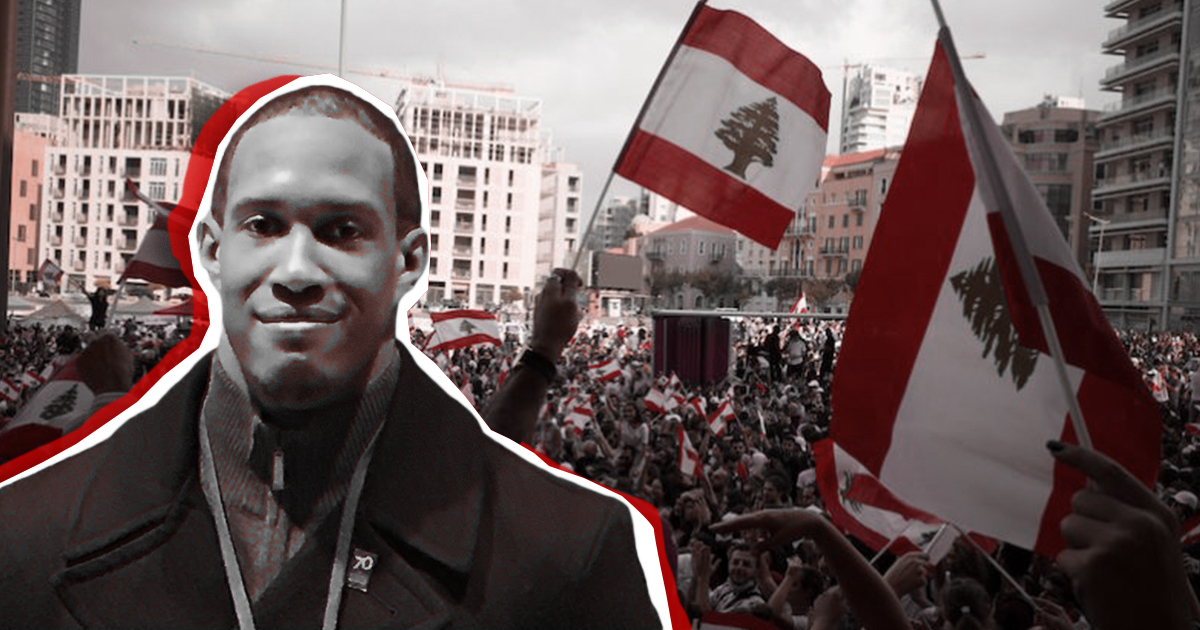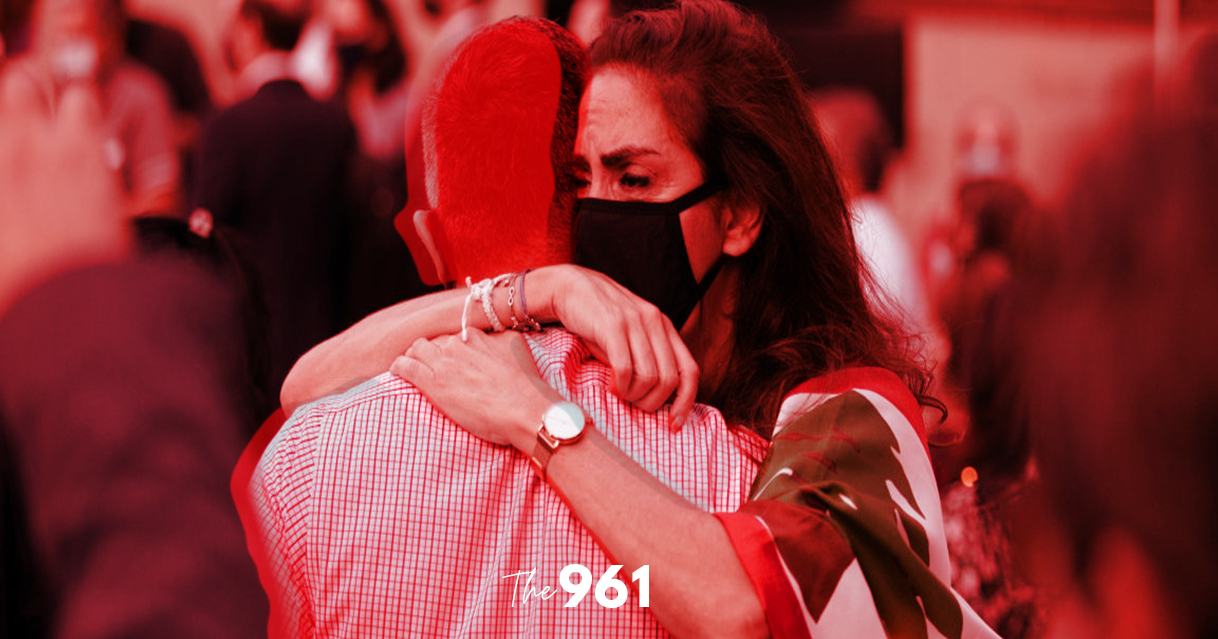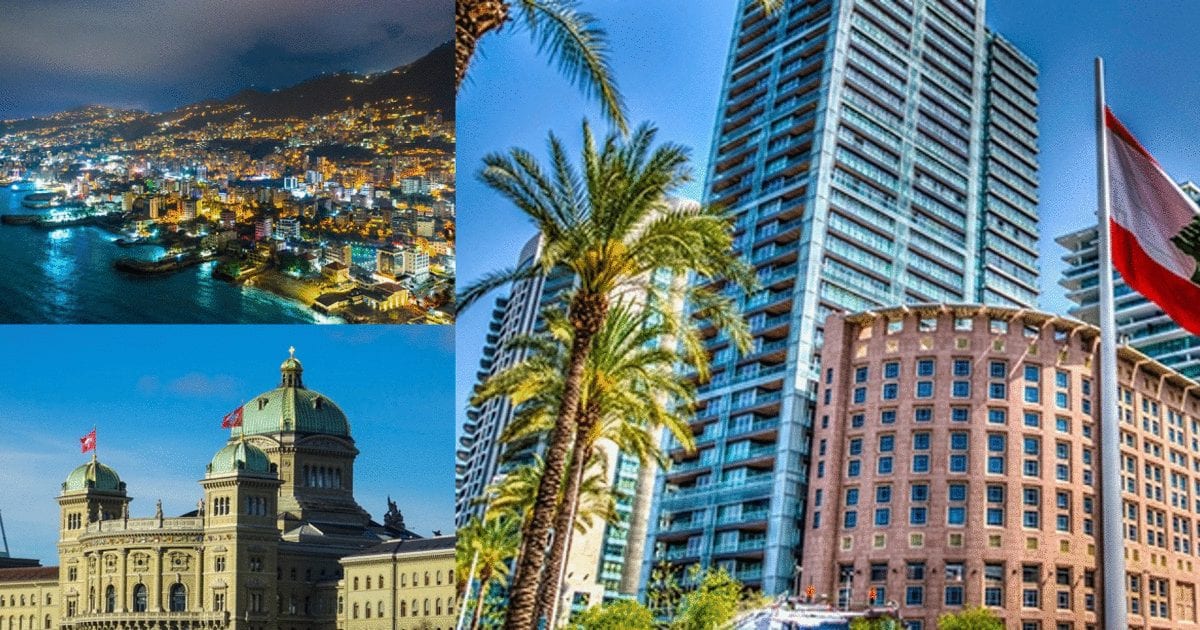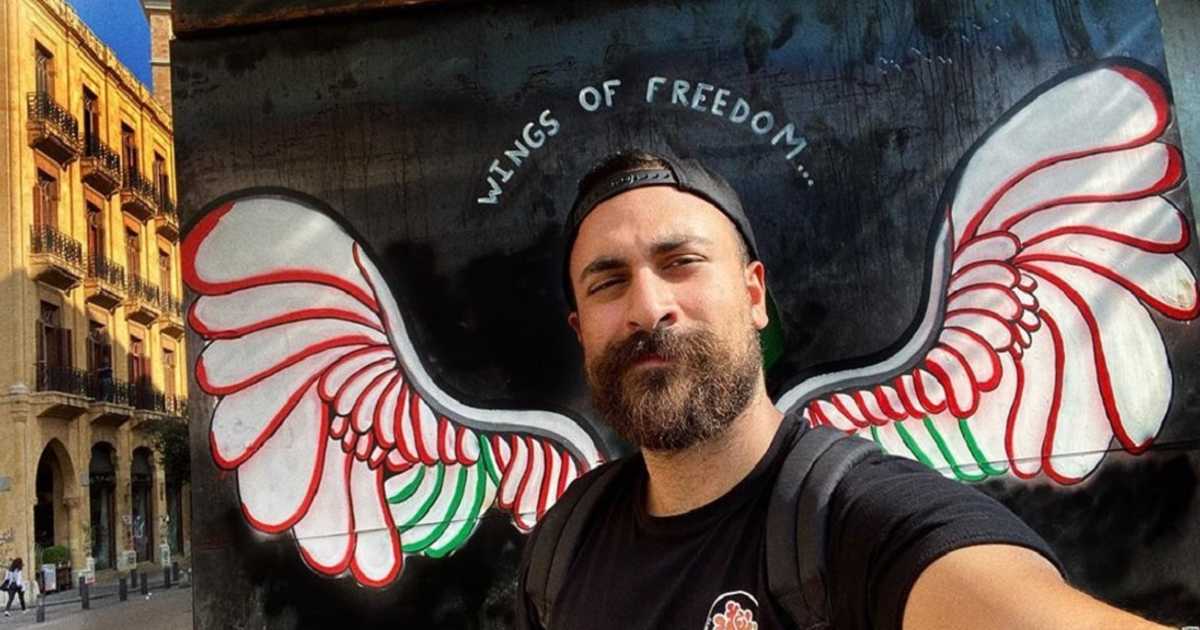A solo traveler, who identifies herself as a seeker of adventure and knowledge, and who has been to Lebanon more than once, insists that Europeans must drop down the mainstream Western news and the stereotypes, “(…) get your things in order and come. For each of your fears, there are a thousand reasons to visit Lebanon. You’ll most likely find that your fears were irrational, and instead, you will surely return to your country a changed person, with a wider understanding of the world (…).”
Elizabeth Morley, a student in Arabic and International Relations, wrote her heart out in a touching article in which she explains her relationship with Lebanon, and we can’t but give her a shout out for loving our country the way it is, with the good and the not so good.
Elizabeth Morley invites her European readers to visit Beirut, which is “vibrant and intriguing,” and to “take a stroll through Gemmayze… drive through the winding roads of the Chouf… spend an afternoon in Byblos…, walk the citadel in Trablous…, take your time at a waterfall in Balou’ Bal’a…, take an evening swim in Batroun…, climb Lebanon’s highest peak Qurnat as Sawda or camp out and see the milky way drifting above you at the summit…”
Morley has obviously fallen in love with Lebanon, like many before her. However, like a few before her, she proclaims it publicly to the world and with such warm eloquence. She goes on describing Lebanon as “a magical land of sensation and exquisiteness.”
In her words, “…Through the haggard beauty of the oldest pre-civil war buildings, with their elaborate wrought-iron balconies, the muddled streets of Bourj Hammoud, the noisy souks (markets) of Trablous and Saida, the sad, yet still hopeful, history of Lebanon is truly visible. Through the eyes of an outsider, Lebanon becomes almost an idyll (…).”
“Lebanon is a beautiful land of gently sloping mountains, craggy foothill caves, centuries-old monasteries, and crumbling rock faces,” she goes on describing. “It is a collective of communities, friendships, close neighborhoods, and festivities. It is also one of the most creative artistic scenes in the world, with its glistening capital city of Beirut forever being the Paris of the Middle East.”
One cannot but notice that Morley’s love for Lebanon does not only stem from the places she visited or the typical touristic attractions she describes with much passion.
After all, the experience of traveling is never complete without the interactions with the locals, and the friendships the traveler makes along the road, and she’s done as such.
Undoubtedly, Morley has collected unforgettable memories in Lebanon that she cherishes for life, and she states loud and clear that she cannot wait to make more. In one of her flights back home, she posted on her Instagram a shot from the airplane at leaving Beirut with these words, “Goodbye Lebanon, I’ll be back very soon what an amazing two weeks in my favorite place in the world #happyplace.”
While her love for Lebanon is blatant, she remains fully aware of the multitude of problems the Lebanese people deal with. She described them with facts at times and with anecdotes as a first eye witness some other times, all with a keen eye for detail that you might confuse her for a Lebanese fellow! Past and present political, social, economic problems were all covered. She doesn’t miss any.
However, we must consider the fact that she has come to our land more than once, and that the Lebanese people have excellent conversation skills, as she pointed out in the article. So, maybe it isn’t that surprising that she has come to know all of these details and insights, after all.
But there is more, as per Morley’s words, talking about the Lebanese people, obviously, “One thing is visible above the troubles, like a single white dove over a barren desert: their attitude to life.”
I would like to conclude with the introduction of Morley’s article. It is paradoxical, we know, but this might be in resonance with the “Lebanese” contradictions she knows very well, almost becoming one of us:
“Existing as a foreigner in Lebanon is no easy feat. Not to suggest, of course, that the life of a typical Lebanese is easy; in fact, quite the opposite. Life in Lebanon is challenging, difficult, stimulating, thought-provoking, memorable, problematic, chaotic, arduous, and inspiring all at once.”
That’s Lebanon indeed, never dull or boring, loving and friendly, always enriching with experiences of all sorts, bad and good, sweet and sour…
Elizabeth Morley is a familiar foreigner among us who can very well declare with us, after Gibran Khalil Gibran, “You have your Lebanon, and I have mine.” And we love her for that!
